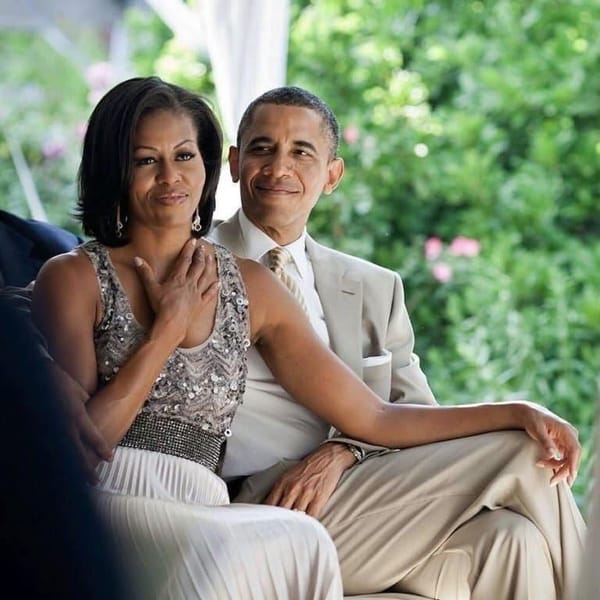Trump a Nobel Peace Prize?

That’s an interesting question — there are arguments that some of Trump’s supporters make for why he might deserve a Nobel Peace Prize (or at least be considered). It’s also important to note that many critics strongly disagree. Below I’ll lay out both the main arguments in favor and the counterarguments, so you can see how the case is made (and where it’s challenged).
Arguments in favor of awarding Trump a Nobel Peace Prize
Here are some of the reasons his advocates might claim he deserves it:
- Ceasefire / mediation in the Middle East / Israel-Iran diplomacyTrump has been nominated for the Prize by some members of Congress and foreign officials who argue that his administration helped secure a ceasefire between Israel and Iran. Proponents say that stepping into a volatile region and negotiating de-escalation is exactly the kind of peace-building work the Nobel Peace Prize should reward.
- Abraham Accords and normalization of relationsHis role in advancing or supporting the Abraham Accords (agreements normalizing relations between Israel and some Arab states) is often cited as a diplomatic win. (Though note: the Peace Prize is not awarded every year, and normalization doesn’t necessarily resolve deeper conflicts.)
- Hostage release / prisoner negotiationsSome of his supporters claim he used diplomatic leverage to secure hostage or prisoner releases in conflict zones, which they say contributes to peace and stability.
- Ending or reducing conflicts / claiming to have “ended wars”Trump has himself claimed that he ended “seven wars” (a controversial claim) and his backers sometimes point to U.S. troop withdrawals or peace initiatives in certain regions as evidence he pursued peace. If true, the argument is: reducing military engagements is a positive peace act.
- International nominations and supportThe fact that leaders and lawmakers abroad (e.g. in Pakistan, Israel) have nominated him (or publicly expressed support) is used by his camp to argue that his efforts have international recognition. Some argue that nominations from foreign officials that see real benefit from his diplomacy are meaningful.
- Broadening the definition of peace to include stability, deterrence, and diplomacySome supporters propose that “peace” is not only the absence of war but also the presence of stable international order, deterrence of aggression, diplomatic pressure, and even strengthening alliances. They argue Trump’s pressure on NATO, or his reorientation of U.S. foreign commitments, helped contribute to global balance.
Key counterarguments and challenges
However, most analysts, scholars, and critics see serious problems with giving him a Peace Prize. Here are some of the major objections:
- Questionable or contested impactThe ceasefires or agreements in which he claims key roles are often fragile, uncertain, or still unproven. Some are seen more as temporary pauses than lasting peace.There is debate over how much credit he actually deserves versus how much others (local actors, mediators, other countries) contributed.
- Character and consistencyThe Nobel Peace Prize is not just about single acts — many believe it also implicitly rewards moral leadership, consistency, and character. Critics point to episodes (domestic or foreign) where Trump’s actions or rhetoric are viewed as destabilizing or antithetical to peace promotion.
- Domestic and global controversyTrump’s presidency has been very polarizing. His foreign policy has sometimes been confrontational, unilateral, or dismissive of multilateral institutions. These traits make awarding a global peace prize to such a figure highly controversial.
- Timing and durabilityThe Nobel Committee often rewards achievements that have had demonstrable, lasting positive effects. If a negotiated truce collapses, or underlying conflicts remain unresolved, the peace claim weakens.
- Credibility and precedentAwarding the prize to a sitting or recent controversial leader can harm the prestige or perceived impartiality of the Nobel process — especially if the prize is seen as politicized.
- Lack of proof or verificationMany of the claims (e.g. “ended wars,” “brokered multiple deals”) are disputed or lack independent verification that his involvement was decisive.
My assessment
It’s certainly possible to make a case for Trump deserving a Nobel Peace Prize, especially if one focuses on specific diplomatic efforts or ceasefires. But whether that case is strong enough — in terms of lasting impact, moral legitimacy, and consistency with the Nobel’s intent — is much more doubtful.
My bottom line?
HELL NO!
Julie Bolejack, MBA
WEBSITE juliebolejack.com
SHOP mindfulactivist.etsy.com



